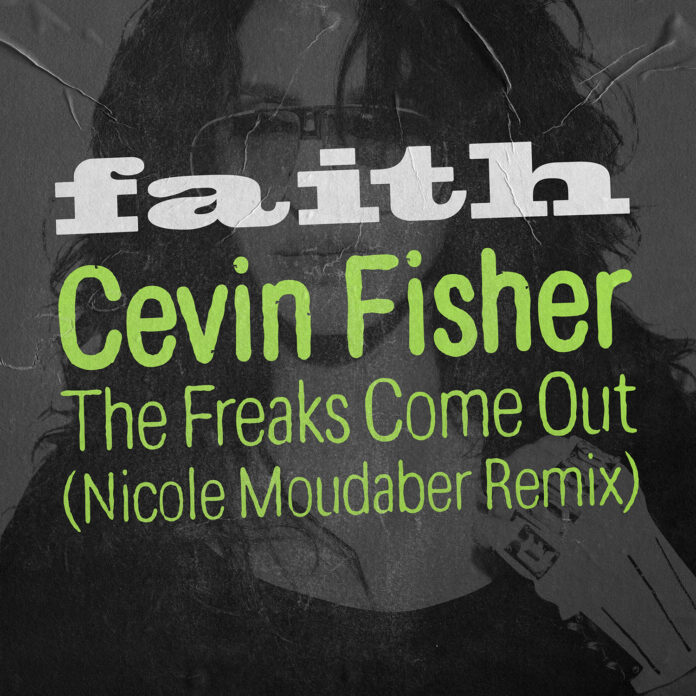Red Rocks Park and Amphitheatre in Morrison, Colorado has hosted thousands of iconic bands and musicians for more than 80 years. It's no secret that the venue remains one of the most beloved in the world, but after its proprietors introduced new headphone technology—which allows attendees to live music delivered directly from the soundboard—Red Rocks received an overwhelming amount of backlash.
Fans were not happy with the prospect of potentially needing headphones to hear the music when attending a concert in some of the amphitheatre's upper rows. This led many to believe that the sound ordinances for the venue had changed, due to complaints from nearby residents. Following the launch of a fan-led petition to eradicate sound limitations, the City of Denver has now issued an official response.
"Red Rocks continues to have the same acoustic quality that fans have experienced for more than 80 years," said Brian Kitts, Director of Marketing and Communications for Denver Arts and Venues. "To be clear: no change has been made to sound limits at Red Rocks since 2016. At that time, and after months of study, decibel limits and curfews were revised (and, had nothing to do with sound ordinances)."
Kitts also defended the introduction of the Mixhalo earbuds. "Mixhalo has been embraced by Incubus, Metallica, Aerosmith, Pharrell Williams and others," he said, "and is an amenity at other venues including the Staples Center in Los Angeles."
"Again, Mixhalo is for true music and tech lovers and for those who aren’t interested," Kitts continued, "it’s no different than a snack or beverage at Red Rocks: if you don’t want it, don’t get it."
In his statement Kitts also issued a subtle jab at the petition's publishers, who he maintains launched a "campaign of misinformation."
"The Red Rocks team would like to clarify and correct some of the information contained in the petition," Kitts wrote. "While we appreciate the passion for both EDM and our venue, it’s inappropriate make assumptions – which could easily have been checked with a quick phone call or email – and then turn them into a campaign of misinformation."
You can read the City of Denver's full response here.



